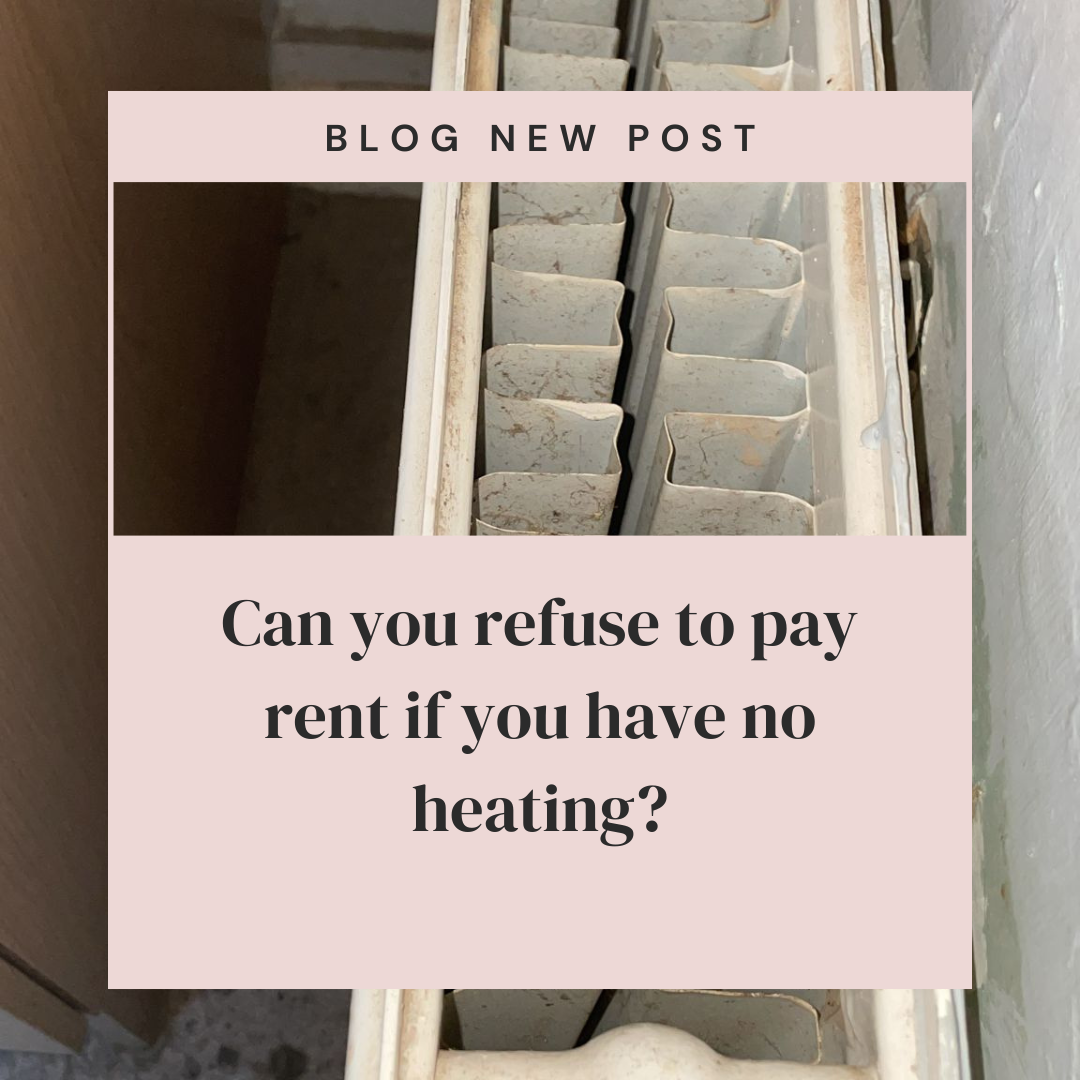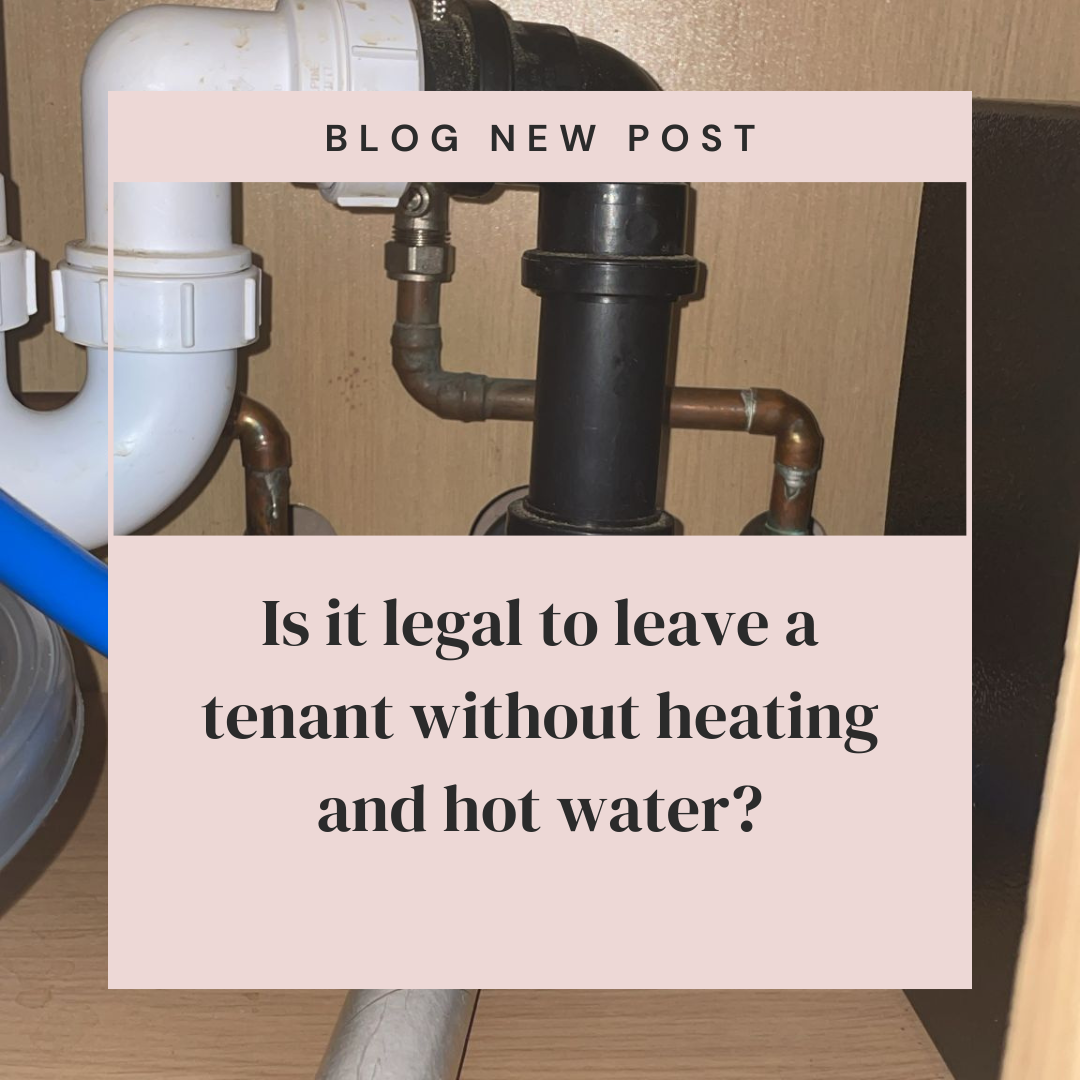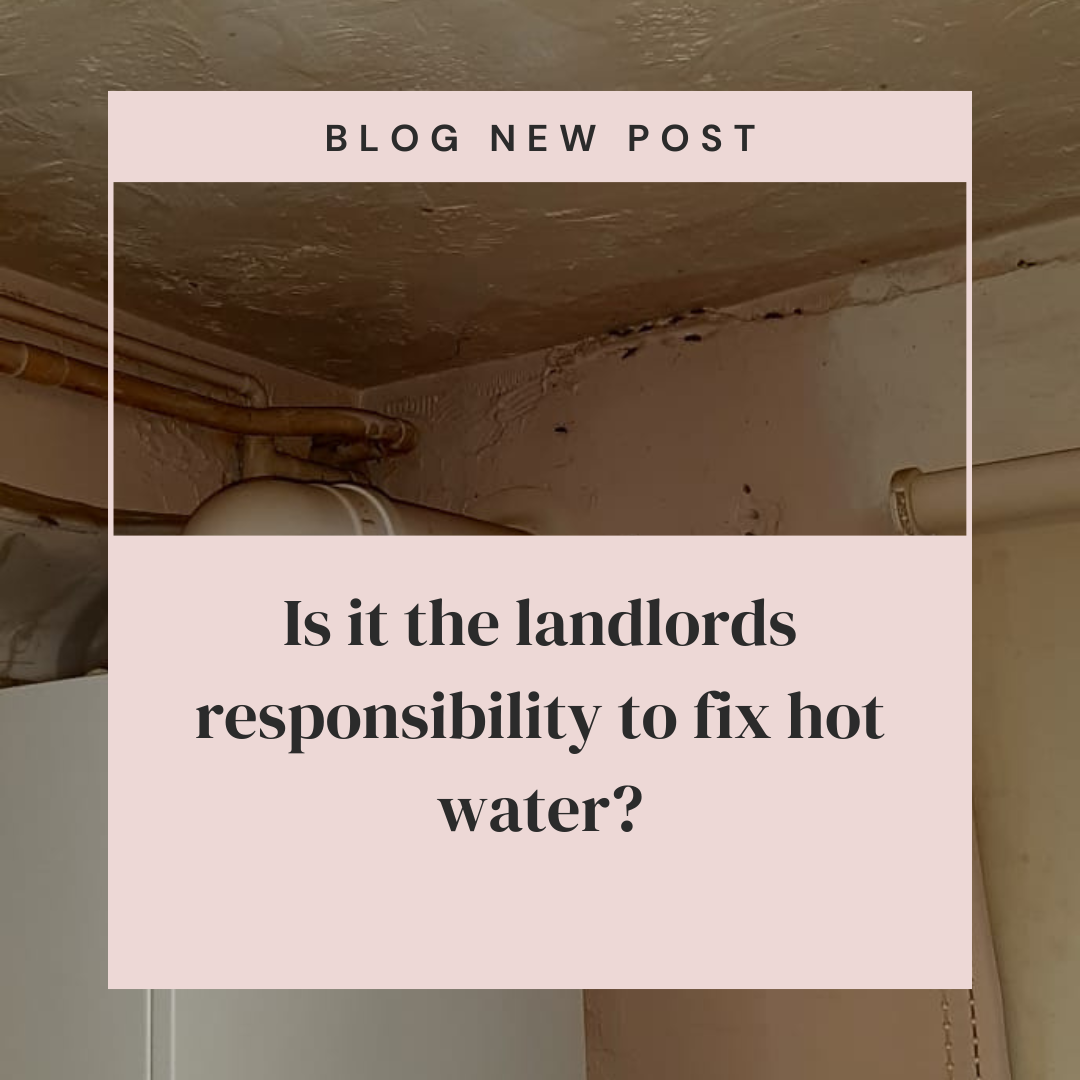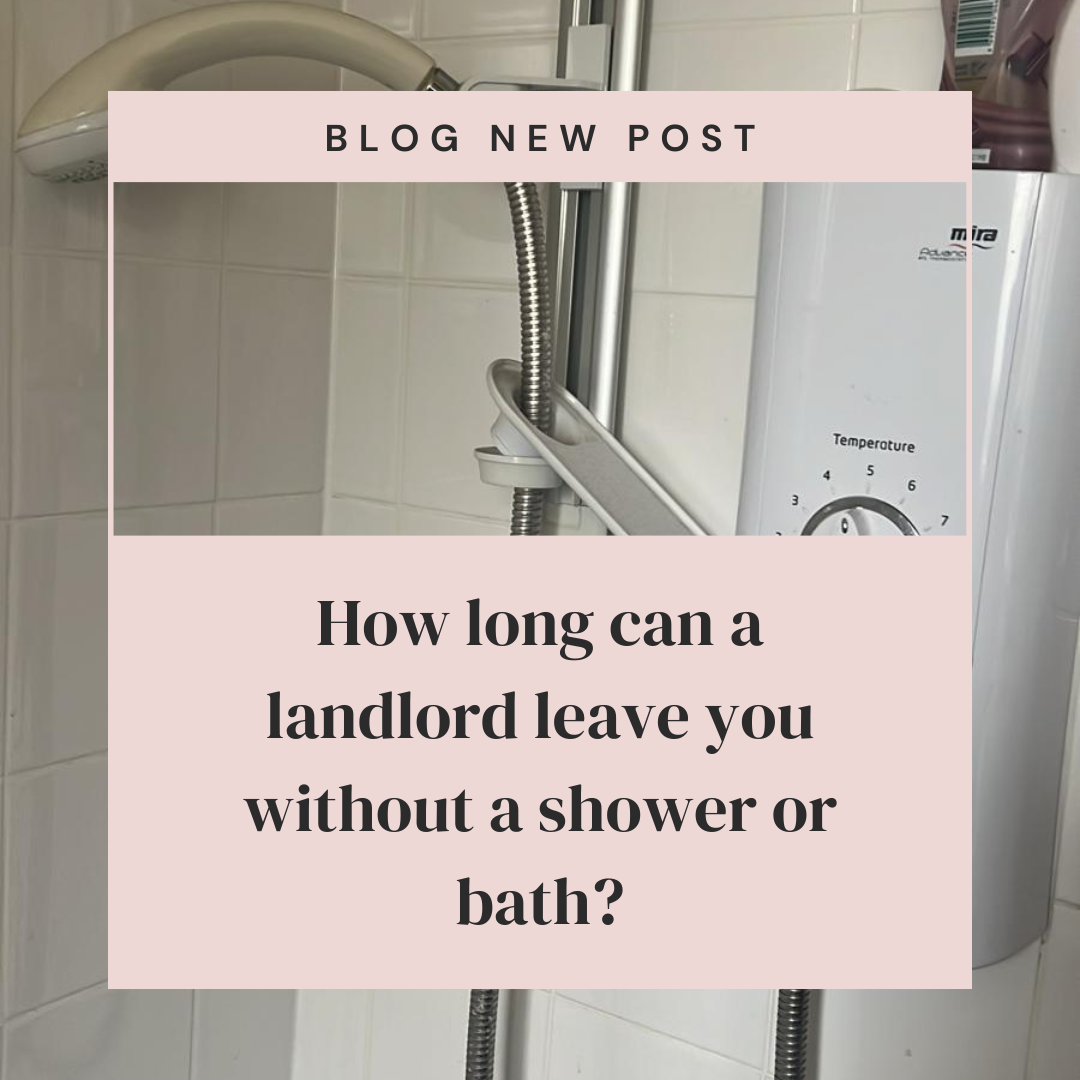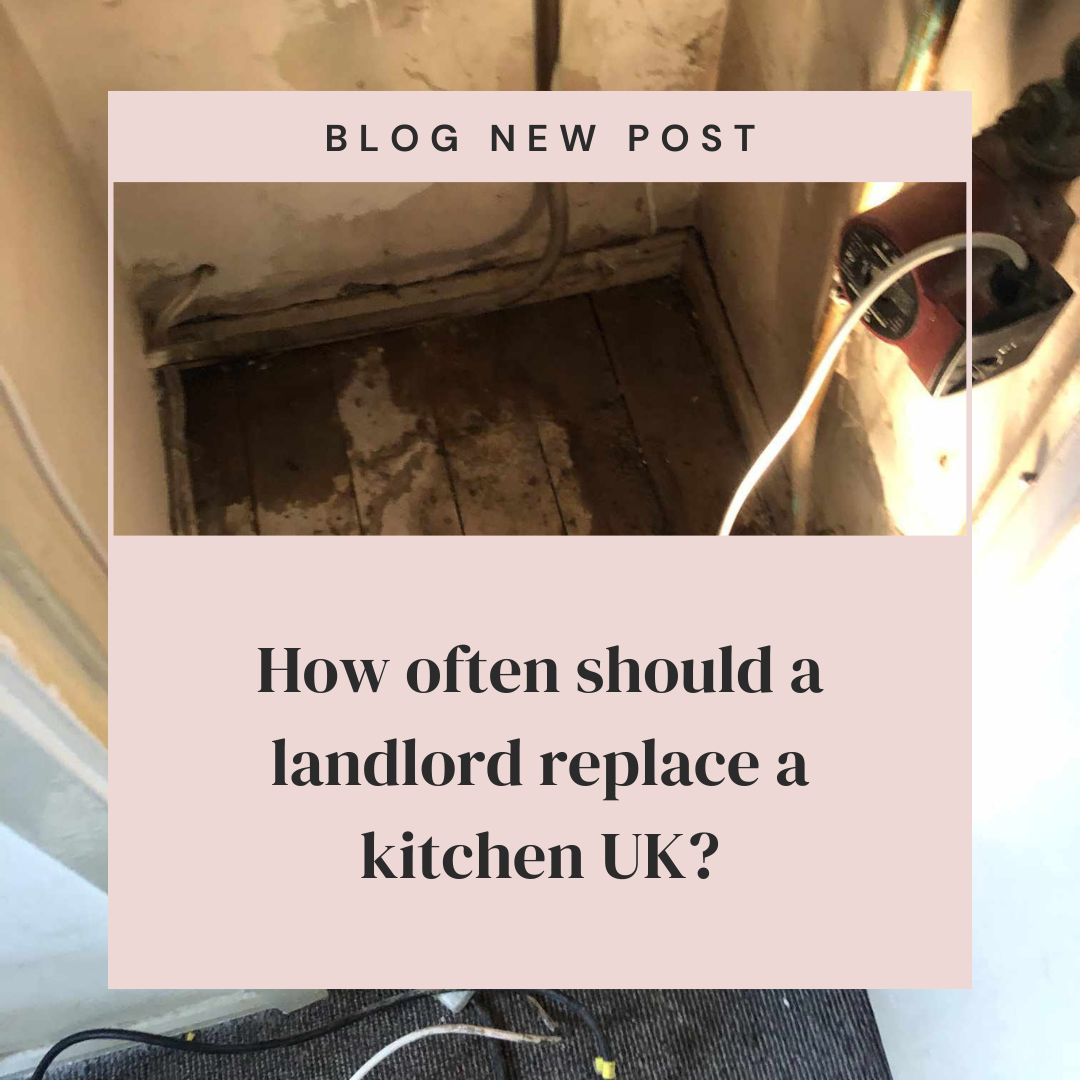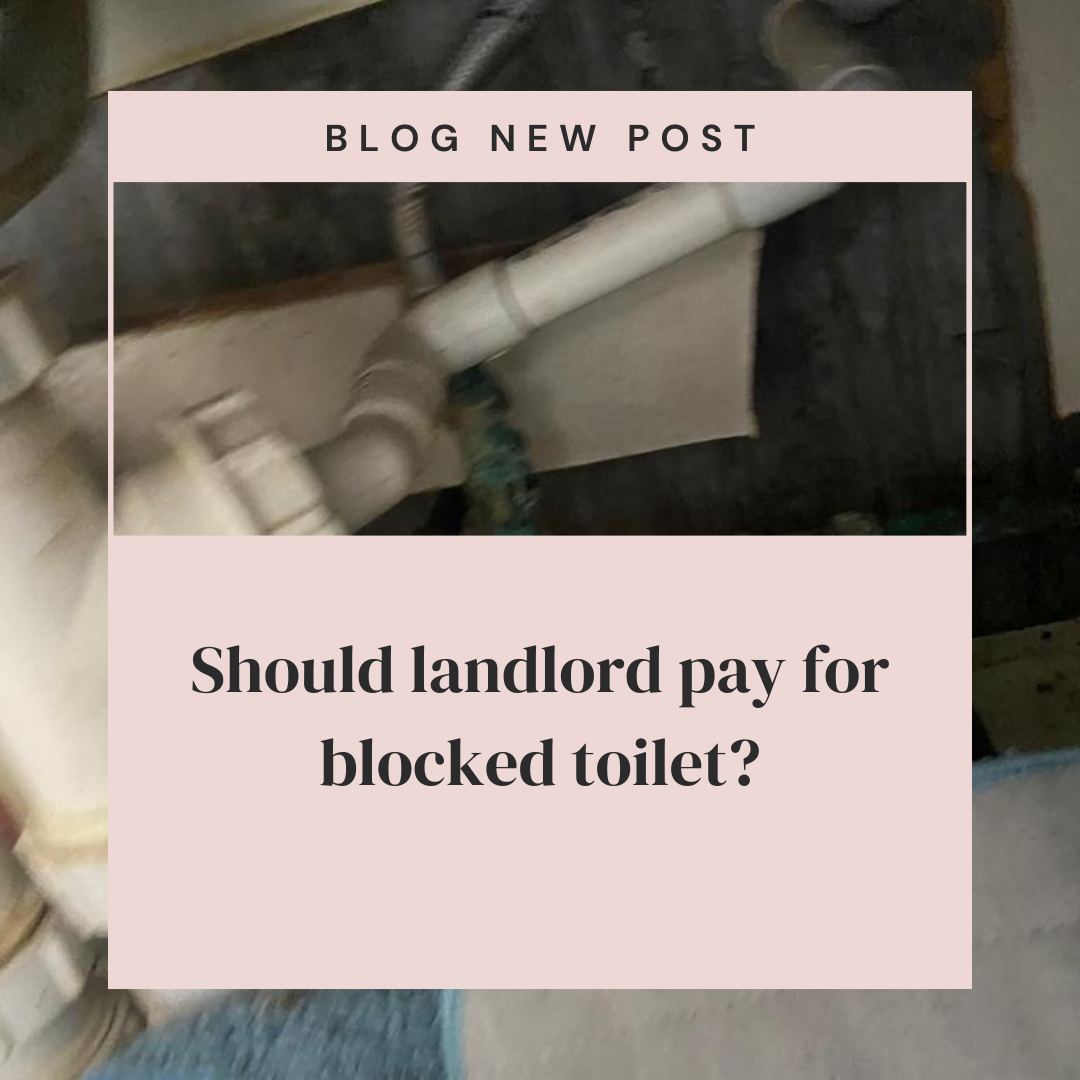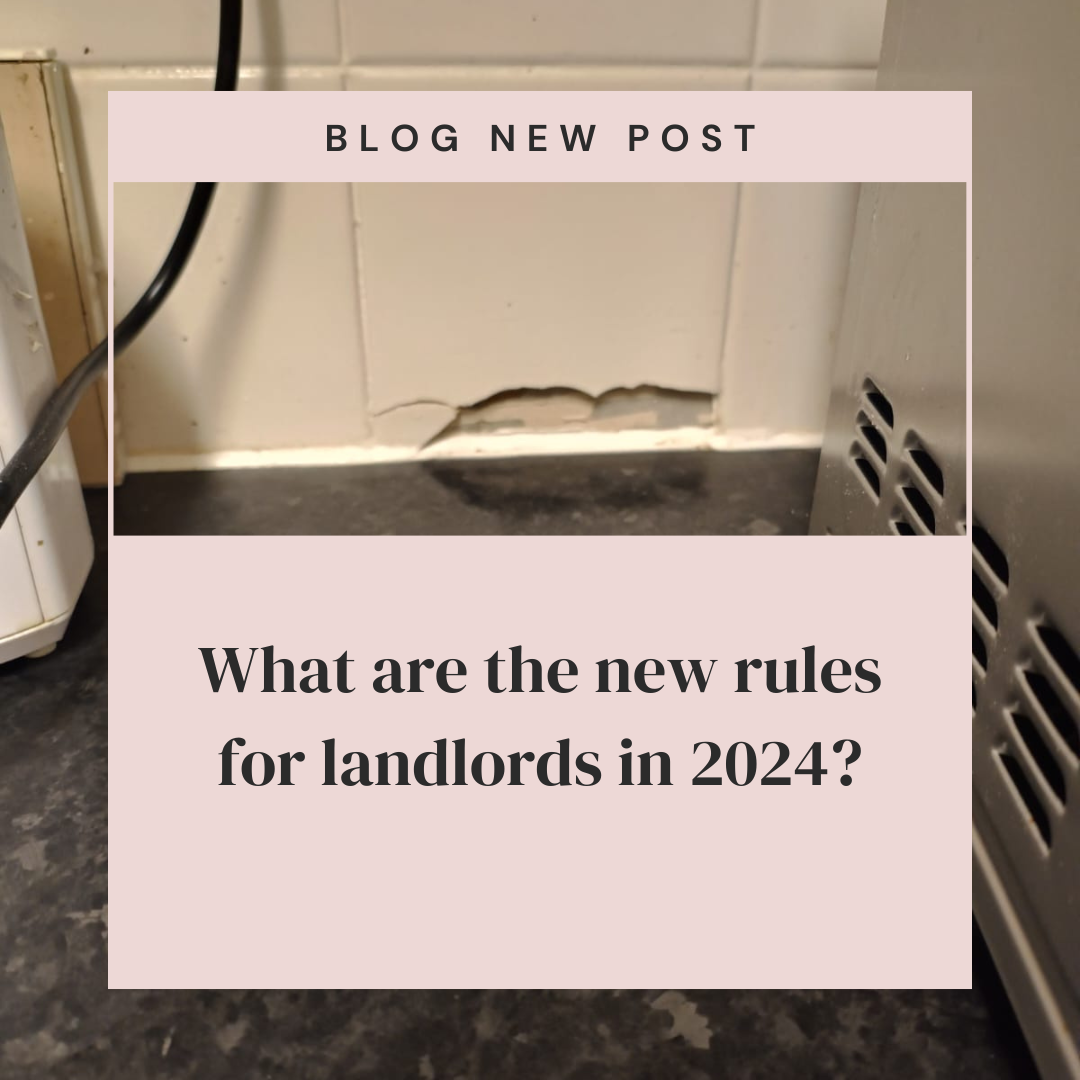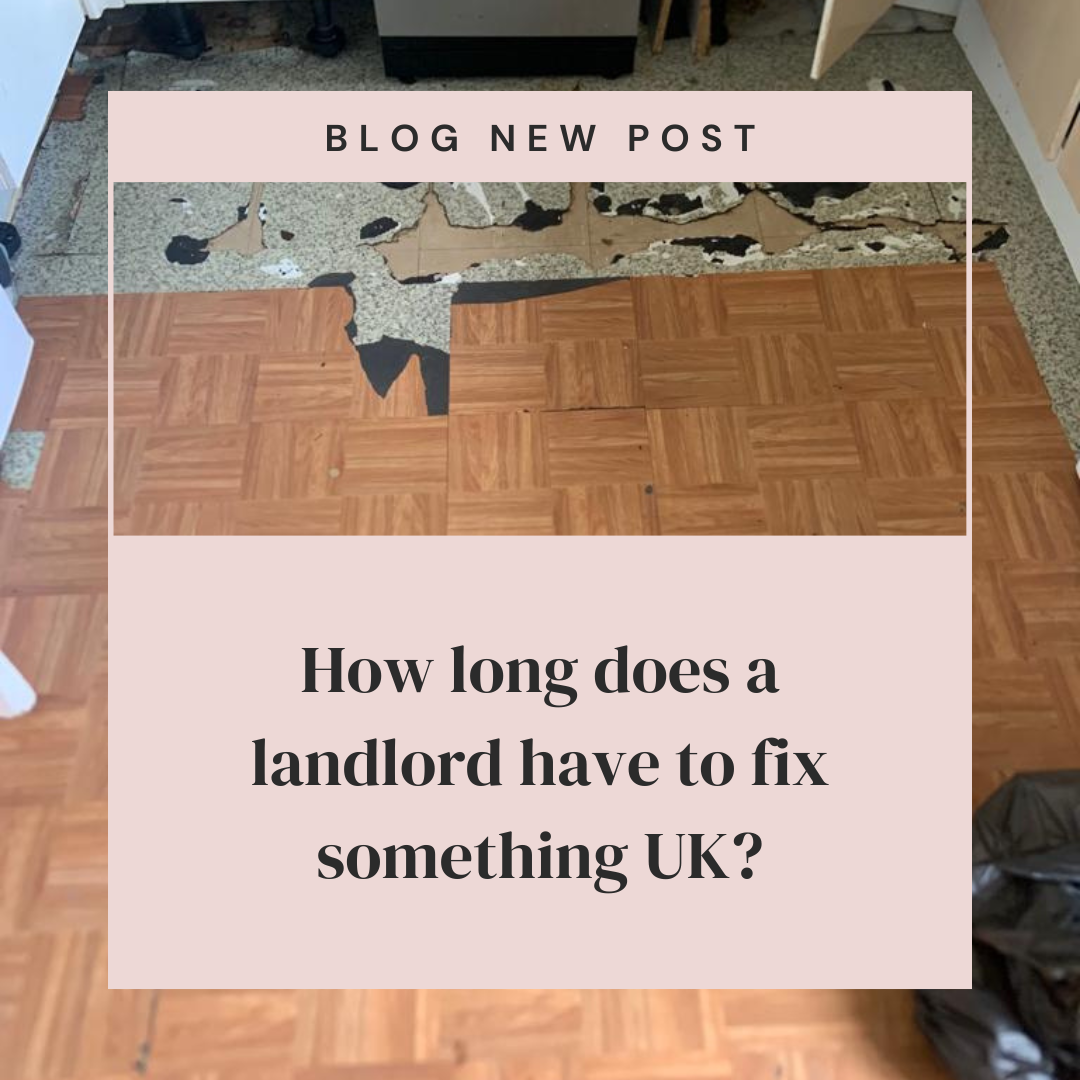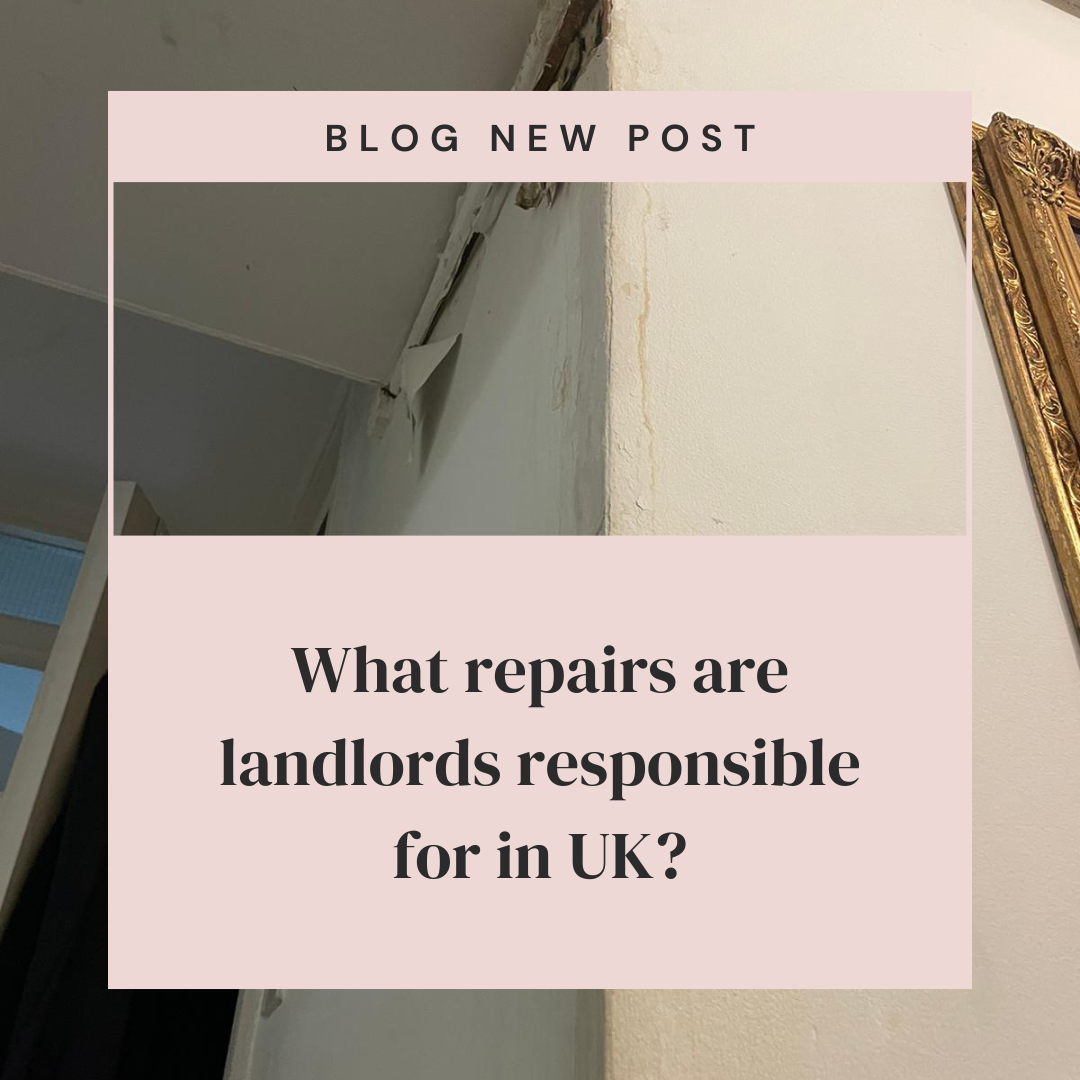Can you refuse to pay rent if you have no heating?
Can you refuse to pay rent if you have no heating? Freezing indoor temperatures can become unbearable over winter when heating fails. As a tenant, could you lawfully stop paying full rent to your landlord if they ignore requests to fix faulty heating systems? We explore using rent payments as potential leverage versus seeking formal routes to compel repairs.
Withholding Rent – High Risk Move
While rarely advisable without formal legal consultation, tenants do retain certain rights under housing law to withhold rent when properties become legally “unfit for occupation” from extreme disrepair or failures to provide basics like heating, hot water, sanitation etc.
However, for rent withholding to have lawful justification, tenants must place owed payments into an approved escrow account – not simply default. Landlords can still pursue evictions and county court judgements over straight non-payment.
Following Official Repair Request Procedures
Housing advisers typically recommend tenants follow formal repair request procedures first before ceasing payments, namely:
- Issuing written notice to landlords detailing heating failures
- Allowing reasonable timescales for repairs e.g. 24 hours for winter no heating emergencies
- Escalating to council environmental health teams if unfixed
This shows you fulfilled your tenant responsibilities to alert landlords and facilitate access before seeking rent adjustments.
Weighing Up Risks and Alternatives
While rent strikes seem an easy fix for poor conditions, the risks of retaliation like eviction notices mean tenants should carefully evaluate other options too:
- Free advice from housing aid services
- Mediation and negotiations
- Making insurance claims if applicable
- Ultimately relocating may be necessary
If you do opt to withhold rent, specialist legal advice remains essential to avoid jeopardizing your tenancy further. If you think we can help you, please feel free to contact our client services team.
Important links
Housing Disrepair Advice: https://housingdisrepairadvice.org/contact
Housing Ombudsman: https://www.housing-ombudsman.org.uk/
